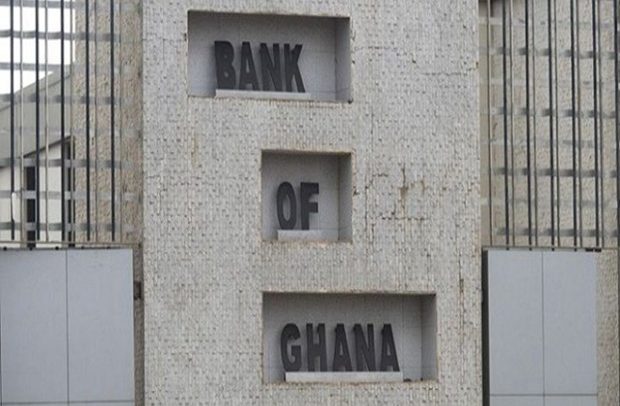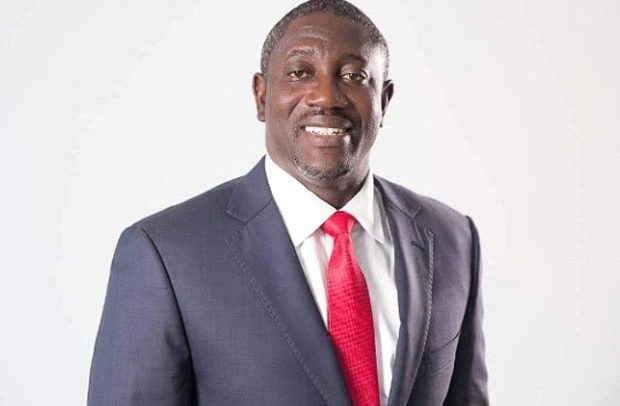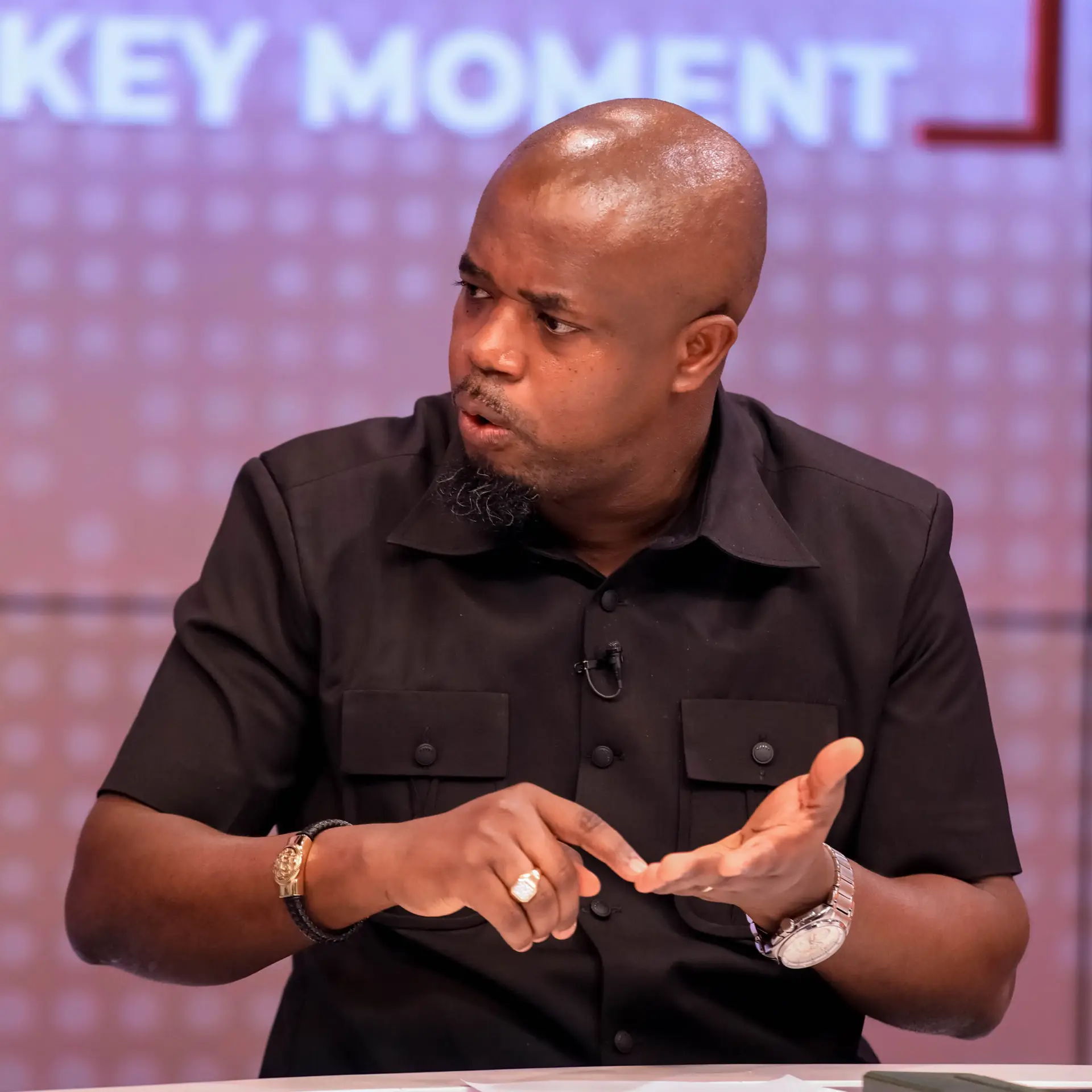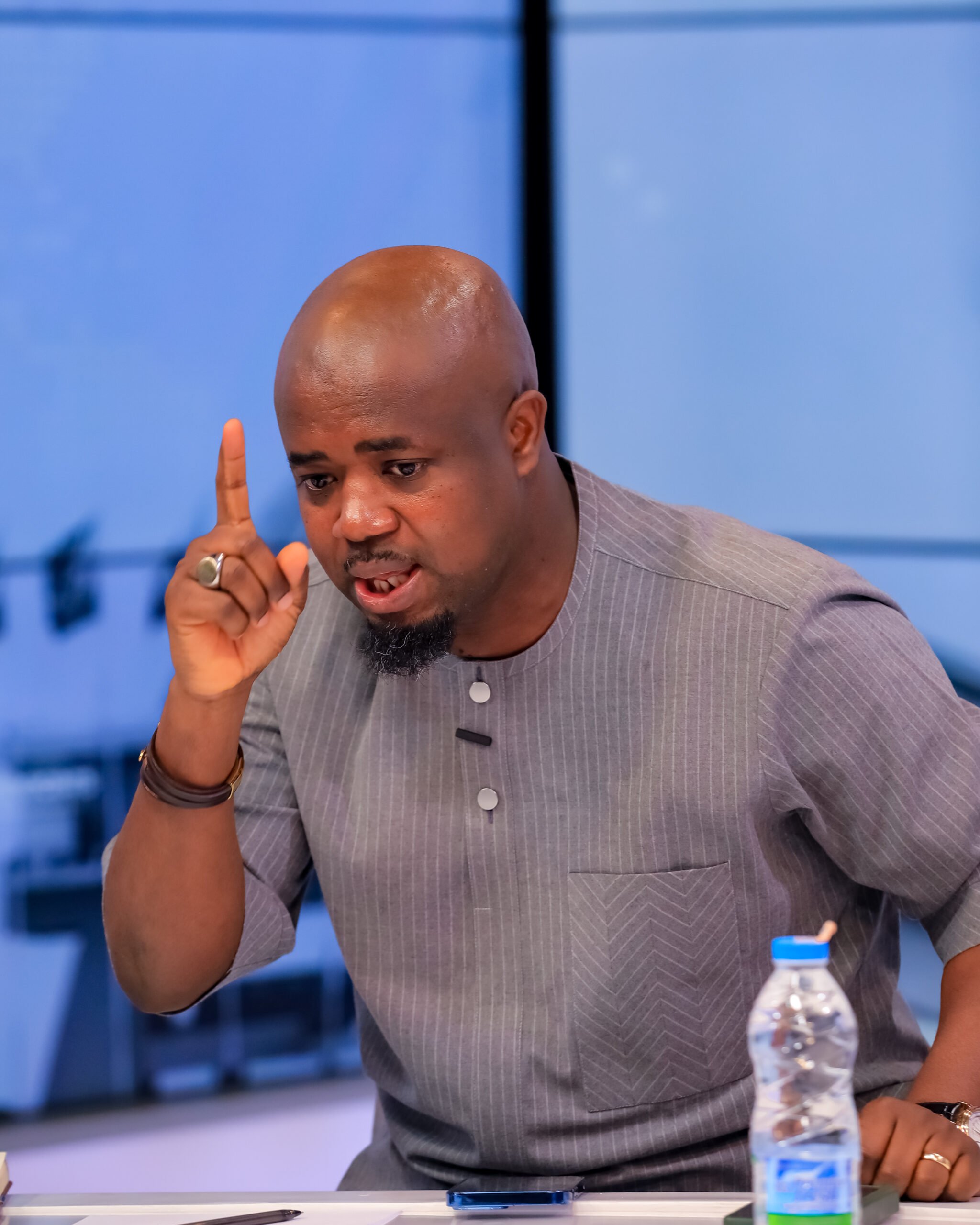
The receivership process initiated by the Bank of Ghana (BoG) to recover the assets of the banks whose licences were revoked, is progressing steadily, Dr Ernest Addison has said.
So far, he said the receivers for the defunct banks have recovered GH¢ 849 million from the defunct banks.
Dr Addison, who disclosed this at the 19th annual working luncheon of Ghana Association of Bankers (GAB) in Accra on Friday, said the proceeds were realised through loan repayment by customers, placement repaid, and proceeds from sale of vehicles.
The others are bonds, interest from placements and commissions.
The programme attended by players in the banking industry provided opportunity for the Governor to share with the participants the latest information on the reforms being embarked on by his outfit to build a viable and strong banking industry.
He expressed gratitude to all the stakeholders for the support received and urged the investigating bodies, the judiciary and the government, ,Chief Justice and security agencies to work steadily to recover certain assets from shareholders, directors, and loan defaulters of the defunct banks.
Dr Addison indicated that currently, there were 52 cases in the various courts in the country, of which 59 had been assigned to specific judges/courts and 60 had been referred to the Special Investigative Team.
"The task is enormous but we have confidence in our judicial system to bring those culpable to justice. The BoG will continue to work with the receivers to ensure that bottlenecks in the receivership process are cleared," he said.
Turning his focus on the banking reforms embarked on by the BoG, Dr Addison said the BoG had to take such necessary but unpopular decisions to restore price and financial stability.
Dr Addison, however, said the reforms embarked on by his outfit had been misconstrued as being driven by some unseen hands to score political objectives.
"I would like to place on record that these difficult decisions taken by the BoG were based on its technical assessment and the judgement of the conditions facing the financial sector," he said.
Responding to the question whether the BoG could not have used the bail-out money to keep the defunct banks in operation, Dr Addison said "such reasoning suggests lack of understanding of the fundamental issues" which collapsed the banks.
"Let me say that the underlying factors that accounted for the resolution of the banks were deeper than liquidity issues. One can mention very serious infractions, weak governance structures and related-party transactions which rendered those defunct banks insolvent," he said.
"The BoG is confident that the actions taken in terms of recapitalisation, closure of insolvent banks and widespread regulatory reforms will gradually bring back trust and confidence in the Ghanaian banking sector," Dr Addison added.
The BoG last year revoked the licences of uniBank, the Royal Bank, Beige Capital, Sovereign Bank and Construction Bank because they were heavily insolvent and could not meet their financial responsibility when the fell due.
Earlier in 2017, BoG also revoked the licence of UT Bank and Capital Bank for poor corporate governance and liquidity issues.
Read Full Story
























Facebook
Twitter
Pinterest
Instagram
Google+
YouTube
LinkedIn
RSS